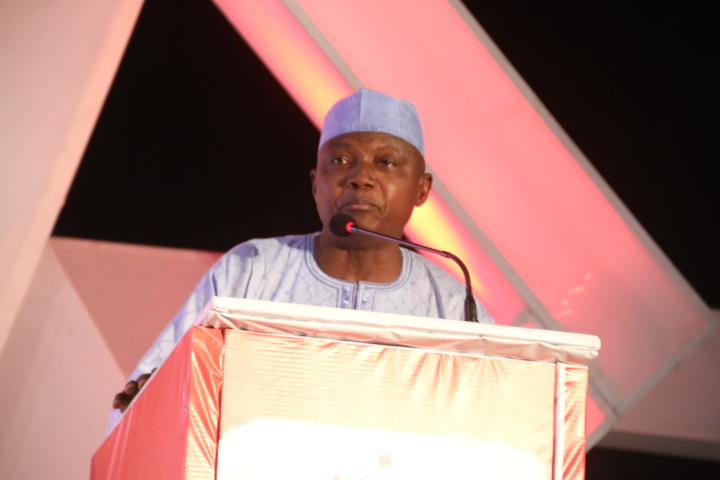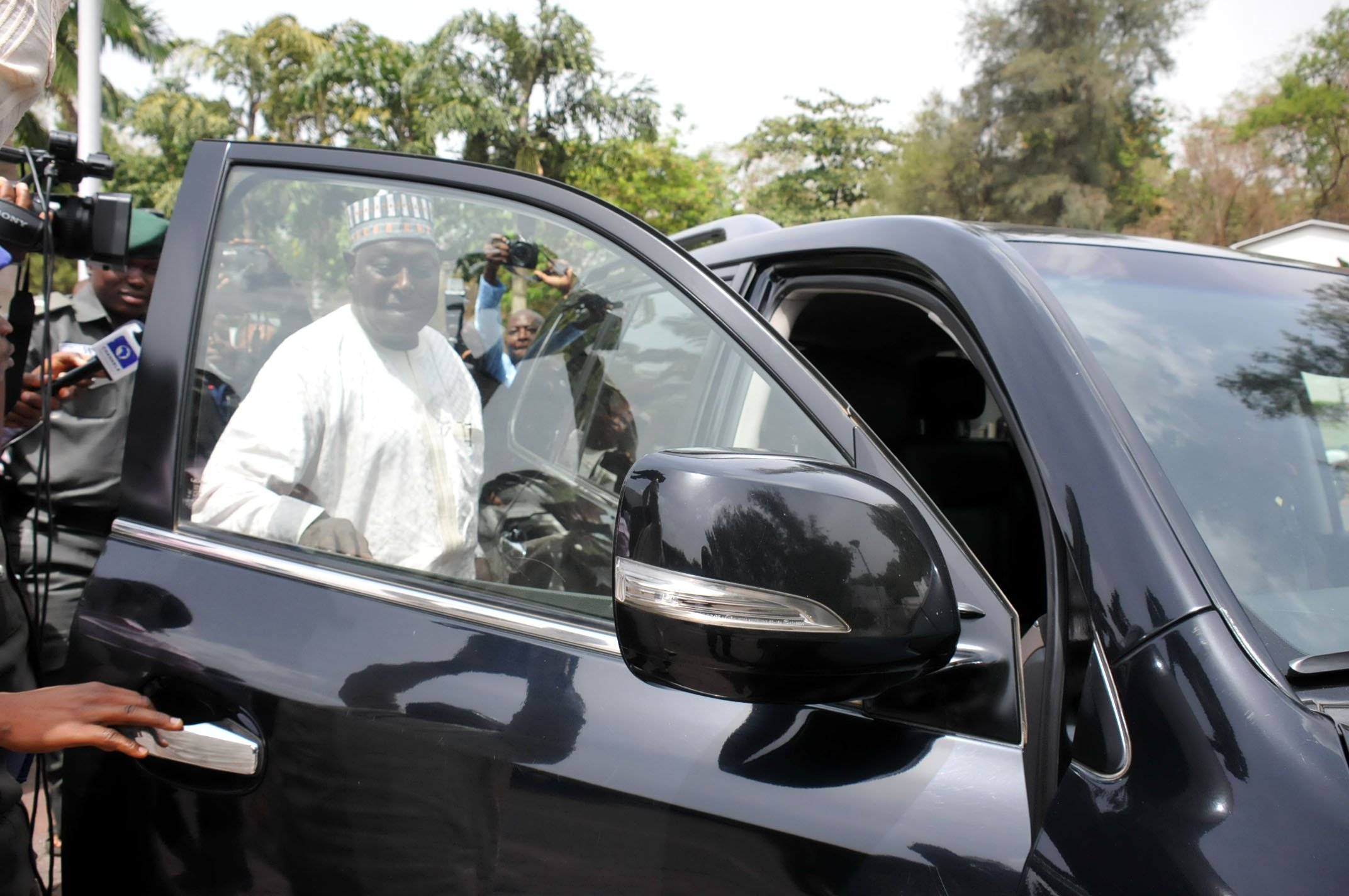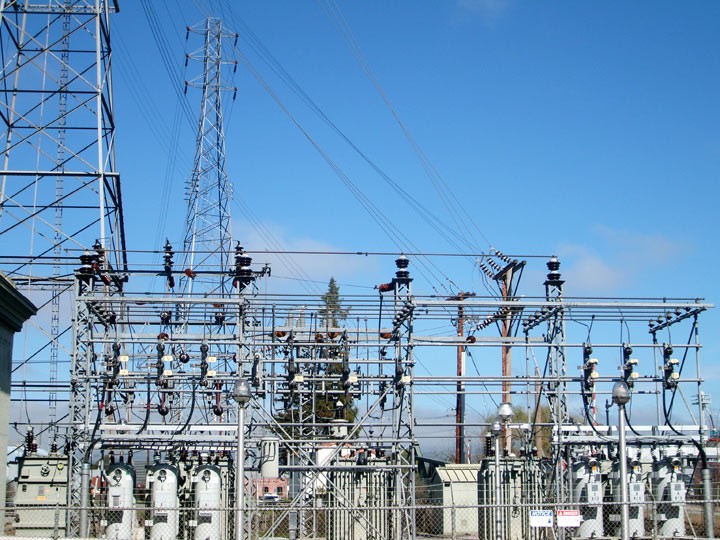Chukwuma Soludo, former governor of the Central Bank of Nigeria (CBN), says Nigeria must take steps to eliminate the current regime of multiple exchange rates.
Soludo said the difference between the official and parallel market exchange rates of the naira must be reduced to three to five per cent.
Speaking with journalists on Monday after the ‘Economic Discourse’, an event organised by the Institute of Chartered Accountants of Nigeria (ICAN), he lauded the recent efforts of the CBN with regards to the exchange rate.
“I can see quite some changes in the last few weeks. I think some steps are beginning to be taken, but it is still quite a long way to go to get to a stable and predictable level that eliminates the premium among the multiplicity of exchange rates,” he said.
Advertisement
“Nigeria must get out of multiple exchange rates and we must eliminate the premium, get it back on track at a competitive exchange rate regime. The uncertainty that is created by that is so enormous; and with the oil price rising and with the increase in oil earnings, this is the time to take bold steps and do the needful.
“We have done it before and it is just going back to it. If it (the template) is not broken, why mend it? Get back and eliminate the multiple exchange rate regime, eliminate the premium, or at least significantly reduce it to not more than between three to maximum of five per cent premium between the parallel and official exchange rates.
“On what it takes to do it, that is basically known. Get the public finance okay; I can tell you that with the momentum of what is going on in the rest of the world, by the end of this year, we should actually be having stocks of reserves in the range of about $50bn or $60bn.”
Advertisement
Soludo further noted that government policies aren’t necessarily the determinant to getting Nigeria out of recession, but stressed that the economy must be restructured to not depend on oil alone.
“I think this is a time Nigeria should actually be making hard decisions to transit away from an oil revenue economy. And that’s the serious work,” he added.
Add a comment






